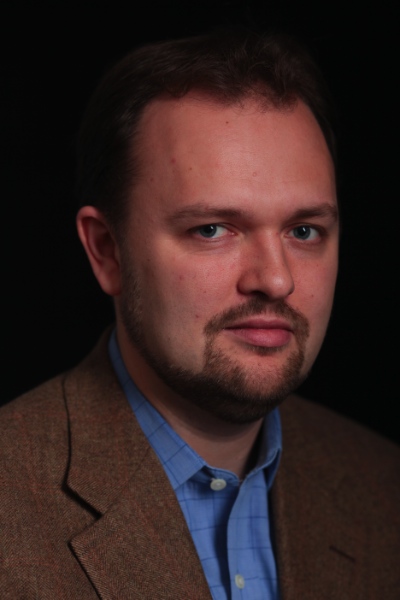
Ross Douthat will deliver three lectures on how we can define, live with and (possibly) escape decadence.
Ross Douthat is young (34), influential (a columnist for the New York Times), Roman Catholic and conservative. He should be ideal to deliver Regent College’s 2014 Laing Lectures.
Five years ago, our civilization experienced an unprecedented economic crisis – the sort of disaster that often produces political realignments and intellectual ferment. But in the West, the defining feature of our post-crisis life has been the resilience of the pre-crisis status quo. We have seen elites consolidate their power rather than diffuse it. Voters seem to have accustomed themselves to the ‘new normal’ of stagnation. Our politics are more polarized, but few challenges have emerged to the existing left and right. Our common life has become more atomized, but no significant social or religious movements have gained traction in response.
This is not the stability of a flourishing, resilient society. It’s the peace of a decadent one. Indeed, ‘decadence,’ defined clinically rather than moralistically, is the precise word to define our age. We have an aging population and a dwindling birthrate, sclerotic political institutions, intellectual debates that rehearse the same tired battles, technologies that cocoon us rather than propel us outward . . . and all of this is layered atop a base of extraordinary wealth, which makes the system more stable and potentially enduring than many presently believe.
So too does the fact that our decadence isn’t local but possibly universal, because none of the West’s rivals, from nation-states like China to actors like Al Qaeda, offer a compelling alternative to our torpor. Some are too much like us, some are too chaotic and misgoverned, and all are shaped by the same forces that have brought us to our present pass. This means that unlike past civilizations, we are not likely to be supplanted or renewed by some rising power – and no barbarians are going to come over our frontiers to overthrow us, either.
This is, of course, a kind of good news. (Nobody enjoys a barbarian invasion!) But it’s good news with a tragic undercurrent because it effectively leaves us alone in a long civilization autumn. Ours is a sustainable decadence, and these lectures will discuss how we reached this point, what it means for our future, and what, if anything, we can do to escape it.
Following is a schedule of Ross Douthat’s Laing Lectures.
Wednesday, October 22, 7:30 pm
Lecture 1: Defining Decadence
What makes a civilization decadent? Economic and technological stagnation, a loss of intellectual and religious purpose, a closing of frontiers, the repetition of cultural forms: these are the signs to look for, and all of them are visible around us today.
Thursday, October 23, 11:30 am
Lecture 2: Living Under Decadence
We tend to think of decadence as an end-of-empire, Rome-before-the-fall phenomenon. But it can actually be more sustainable than that, and there are a number of reasons – internal and external – to think that our civilization’s decadence may turn out to be particularly stable.
Thursday, October 23, 7:30 pm
Lecture 3: Escaping Decadence
What would enable us to transcend and escape our current situation? Several possibilities will be considered: technological breakthroughs, religious revolution, and space travel.
